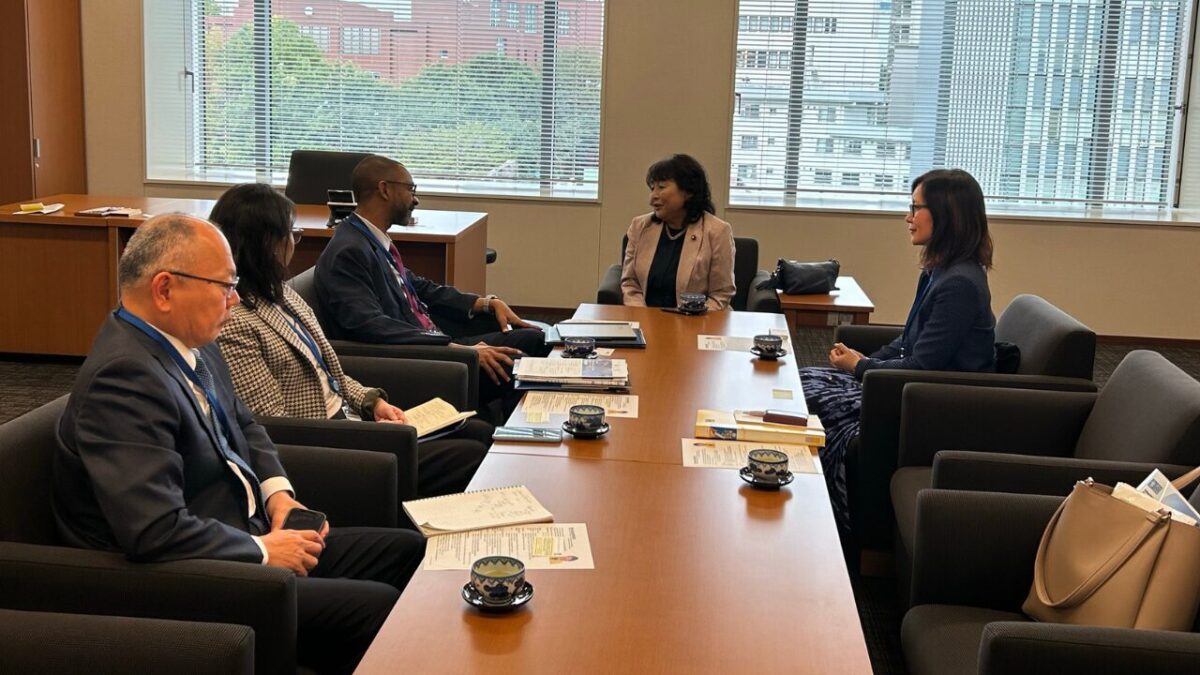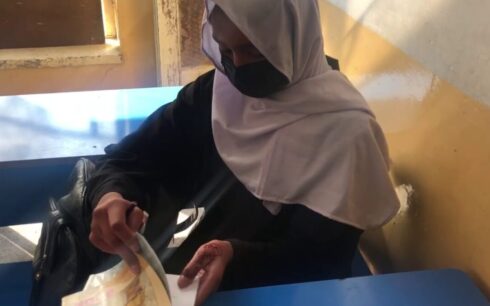KABUL, Afghanistan — The United Nations Development Programme (UNDP) has reaffirmed its commitment to women’s empowerment and climate resilience in Afghanistan, highlighting Japan as the only G7 nation actively supporting these efforts.
In a statement on X, UNDP Afghanistan praised Japan for its dedication to Afghanistan’s stability and women’s empowerment, emphasizing its unique position as the sole G7 member in Asia to extend such support.
The statement followed a meeting between Stephen Ngenzi Rodriques, UNDP’s Afghanistan director, and Japanese parliamentarian Kuniko Inoguchi. “Stephen Ngenzi Rodriques and MP Kuniko Inoguchi emphasize the importance of continued support for the region,” the UNDP said.
Challenges amid Taliban restrictions
The pledge comes amid a funding shortfall for humanitarian operations in Afghanistan, compounded by the Taliban’s oppressive restrictions on women and girls.
A recent report released on November 4 by the Gender in Humanitarian Action (GiHA) Working Group and the Humanitarian Access Working Group (HAWG) outlines the operational difficulties faced by Afghan and international aid organizations under the Taliban’s increasing constraints on women.
The ninth survey of its kind tracks trends since the Taliban’s December 2022 ban on Afghan women working for NGOs, a restriction extended to U.N. agencies in April 2023 under the Taliban’s new morality law.
The survey, which gathered responses from 142 organizations—including national NGOs, international NGOs, civil society groups, and U.N. agencies—provides a detailed account of the challenges faced in delivering humanitarian aid and essential services.
The report underscores the dual challenge of sustaining humanitarian operations while navigating policies that severely limit women’s participation. Despite these barriers, organizations continue to deliver aid under challenging conditions, reflecting the resilience of humanitarian efforts in the face of restrictive Taliban policies.





